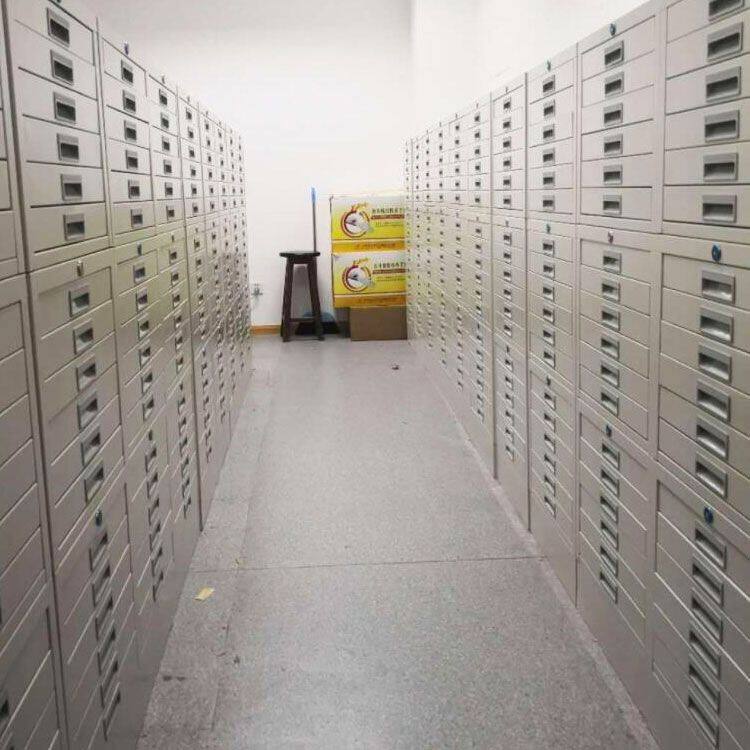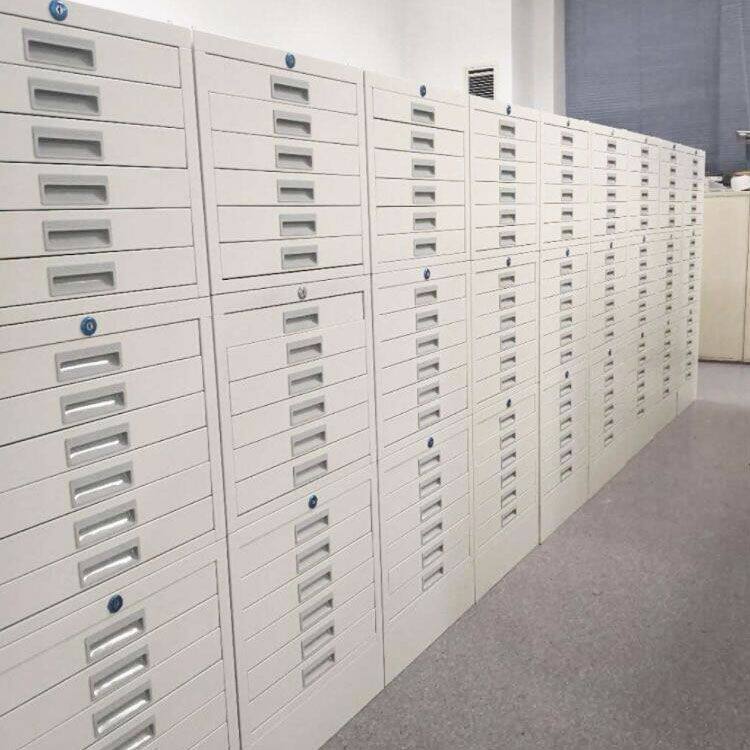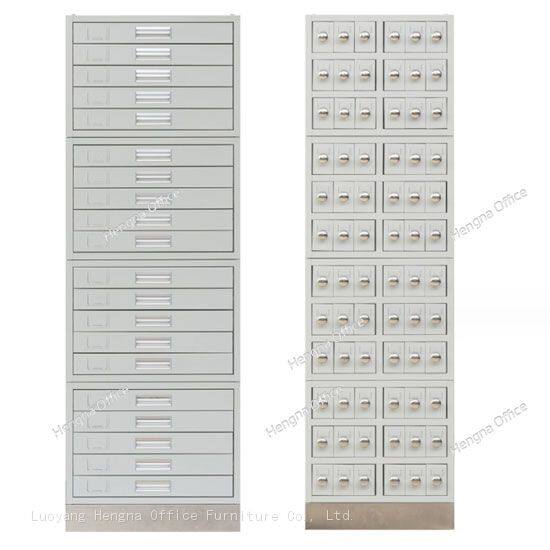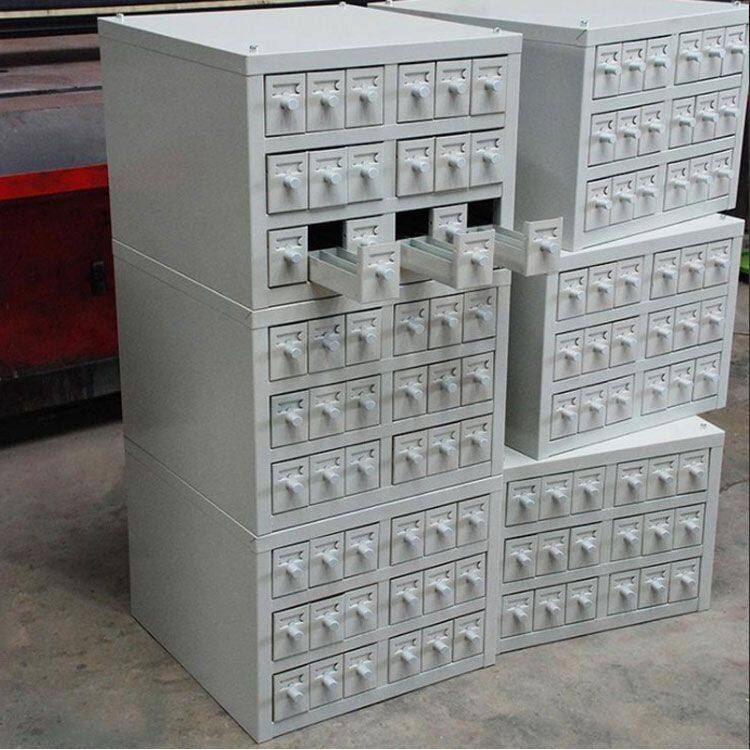-
 Sarah
Hi there! Welcome to my shop. Let me know if you have any questions.
Sarah
Hi there! Welcome to my shop. Let me know if you have any questions.
Your message has exceeded the limit.

Biotech Firms: Streamlining Workflow with Paraffin Block Storage Systems
2025-11-05 08:48:49
Biotechnology companies operate at the forefront of scientific innovation, requiring sophisticated sample management systems that support rapid research cycles, collaborative projects, and regulatory compliance. Paraffin block storage systems have become essential infrastructure that enables biotech firms to manage valuable research samples efficiently while maintaining the organizational structure necessary for innovative research. This comprehensive exploration examines how specialized storage solutions enhance biotechnology research operations and support scientific advancement.

Accelerating Research Workflow Cycles
Biotechnology research operates on accelerated timelines where rapid sample access directly impacts research velocity and innovation speed. Paraffin block storage systems enable researchers to locate and retrieve needed samples within seconds rather than minutes, significantly reducing bottlenecks in experimental workflows. The systematic organization supports various research phases from initial discovery through validation studies, enabling seamless progression through research cycles.
The workflow acceleration extends to supporting multiple parallel research projects. Organized storage systems enable research teams to work simultaneously on different projects without interfering with each other’s sample access needs. This capability increases overall research productivity and enables biotech firms to pursue multiple research avenues simultaneously, enhancing innovation potential and competitive advantage.
Supporting Collaborative Research Initiatives
Biotechnology research increasingly involves collaboration between multiple research teams, academic institutions, and industry partners. Storage systems facilitate this collaboration through standardized organization methods that enable efficient sample sharing and exchange. Researchers can quickly locate and prepare samples needed for collaborative studies, joint publications, or technology transfer initiatives.
The collaboration benefits extend to supporting multi-site research operations and global research networks. Organized storage systems enable consistent sample handling and documentation across different research locations. This standardization supports data comparability between sites and facilitates regulatory review of multi-center research results, enhancing the value and impact of collaborative research initiatives.
Integration with Advanced Research Technologies
Biotechnology research incorporates cutting-edge technologies including high-throughput screening, automated analysis systems, and artificial intelligence for data interpretation. Storage systems must integrate with these technologies to support modern research methodologies. Integration capabilities include automated sample tracking, digital inventory management, and robotic compatibility that enhance research efficiency and accuracy.
The technology integration benefits extend to supporting data management and analysis platforms. Organized storage systems enable efficient sample collection for advanced analytical techniques and machine learning applications. This capability supports biotechnology firms in leveraging big data approaches and advanced analytics to accelerate discovery processes and identify promising research directions.
Enhancing Sample Security and Intellectual Property Protection
Biotechnology research samples often represent valuable intellectual property that requires stringent security measures. Storage systems provide multi-layered security through advanced locking mechanisms, access logging, and user authentication protocols. These security features protect valuable research materials and maintain comprehensive records of sample handling activities for intellectual property documentation.

The security benefits extend to supporting various regulatory compliance needs including patent application requirements and technology transfer documentation. Storage systems that maintain detailed access logs and chain-of-custody documentation support patent applications and protect intellectual property rights. This capability enhances the commercial value of research discoveries and supports successful technology commercialization.
Scalability for Growing Research Programs
Biotechnology companies experience rapid growth as research programs advance and funding increases. Storage systems must accommodate this growth through scalable designs that can expand quickly and efficiently. Modular configurations enable companies to add storage capacity as research programs expand, supporting growth without disrupting ongoing research activities.
The scalability benefits extend to supporting new research areas and technological platforms. As biotechnology firms expand into new research domains or adopt new technologies, storage systems can adapt to accommodate different sample types and storage requirements. This flexibility supports business growth and enables companies to pursue diverse research opportunities without infrastructure limitations.
Supporting Regulatory Compliance and Quality Assurance
Biotechnology research operates under strict regulatory requirements that govern sample handling, documentation, and storage conditions. Storage systems support compliance through organized storage that facilitates proper documentation and quality control procedures. The systematic arrangement enables companies to demonstrate compliance during FDA audits and regulatory reviews.
The compliance benefits extend to supporting various quality management systems including Good Laboratory Practice (GLP) and current Good Manufacturing Practice (cGMP) requirements. Storage systems that maintain detailed environmental monitoring and access control data support quality assurance programs and regulatory compliance activities. This capability protects biotechnology companies from compliance issues that could delay research progress or product development.
Cost-Effective Research Infrastructure
Biotechnology research requires substantial investment in infrastructure and equipment. Storage systems provide cost-effective solutions through durability, adaptability, and operational efficiency. The initial investment yields returns through improved research productivity, reduced sample loss, and enhanced regulatory compliance capabilities.
The cost-effectiveness extends to supporting various business objectives including patent protection, product development, and commercialization. Proper sample storage and documentation strengthen patent applications and support successful regulatory submissions. The ability to maintain long-term sample archives also supports future research opportunities and additional product development initiatives, providing ongoing value beyond immediate research needs.

Enhancing Research Reproducibility and Validation
Scientific research reproducibility has become increasingly important for validating research findings and supporting commercialization efforts. Storage systems contribute to research reproducibility through organized storage that enables researchers to locate and access original samples for validation studies and additional testing. This capability supports the verification of research findings and enhances the credibility of research results.
The reproducibility benefits extend to supporting peer review processes and publication requirements. Organized storage systems enable researchers to provide samples for independent verification and validation studies requested during peer review. This capability enhances the quality and impact of scientific publications and supports successful technology transfer and commercialization.
Future-Proofing Research Capabilities
Biotechnology research continues to evolve rapidly with new technologies, methodologies, and scientific discoveries. Storage systems must provide future-proofing capabilities that enable companies to adapt to these changes without complete infrastructure replacement. Modular designs and technological integration capabilities ensure that storage investments remain valuable as research needs evolve.
The future-proofing benefits extend to supporting emerging research areas including synthetic biology, gene editing, and personalized medicine. As biotechnology companies develop new research capabilities and therapeutic approaches, storage systems can adapt to accommodate different sample types and storage requirements. This adaptability supports long-term research excellence and maintains competitive advantage in the rapidly evolving biotechnology industry.

Tags: Paraffin Block Storage Systems, Streamlining Workflow, Biotech Firms

